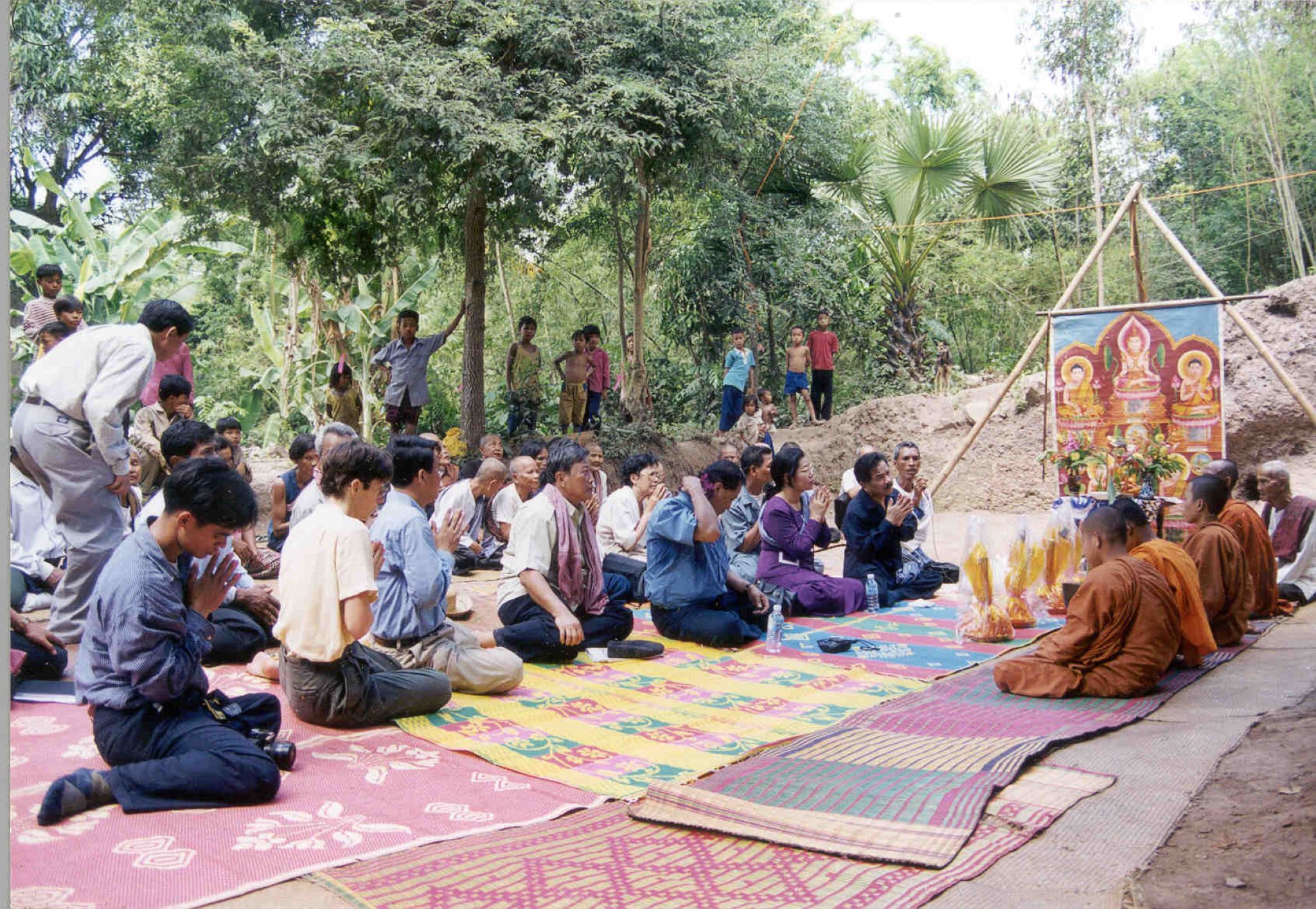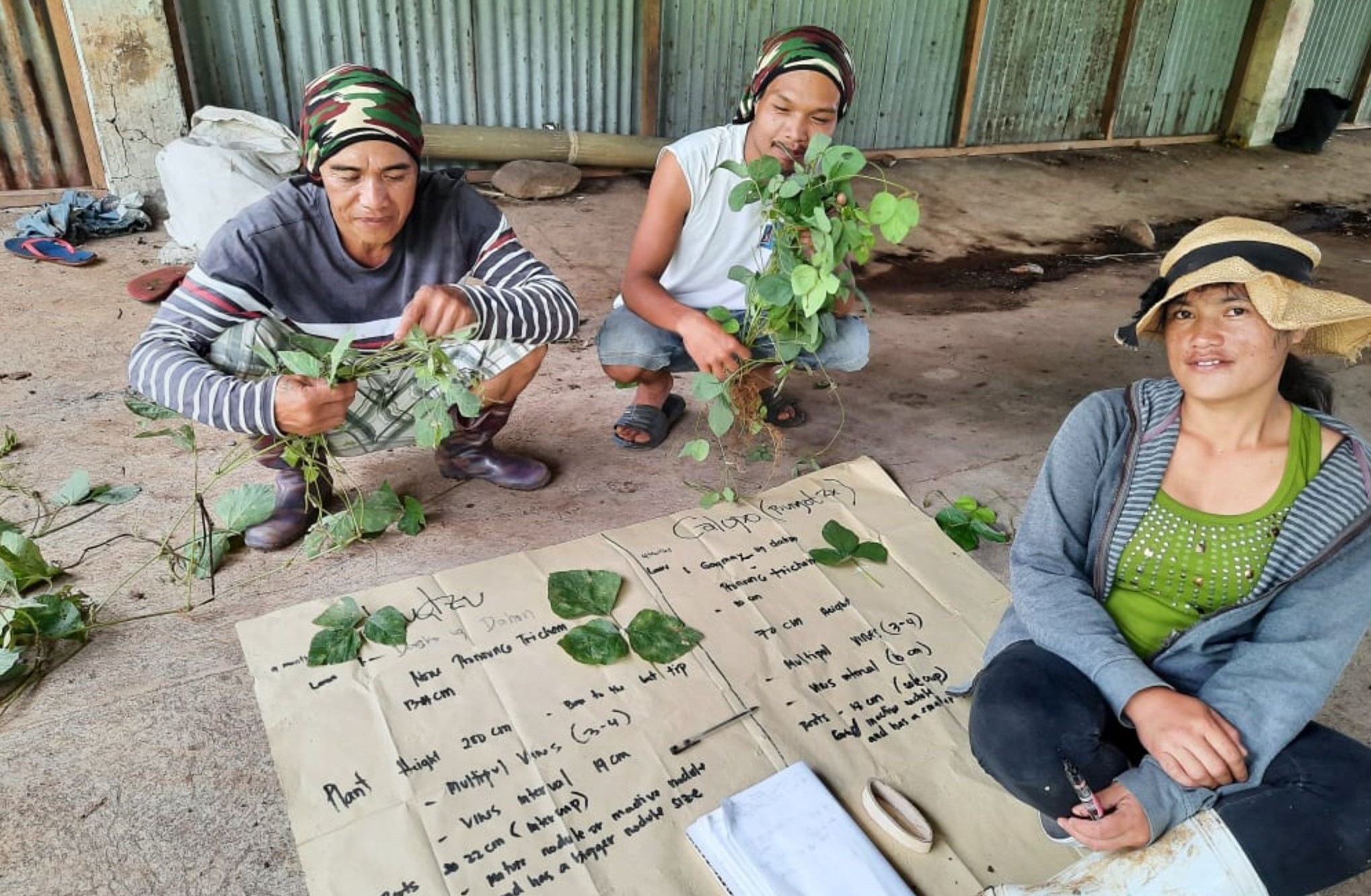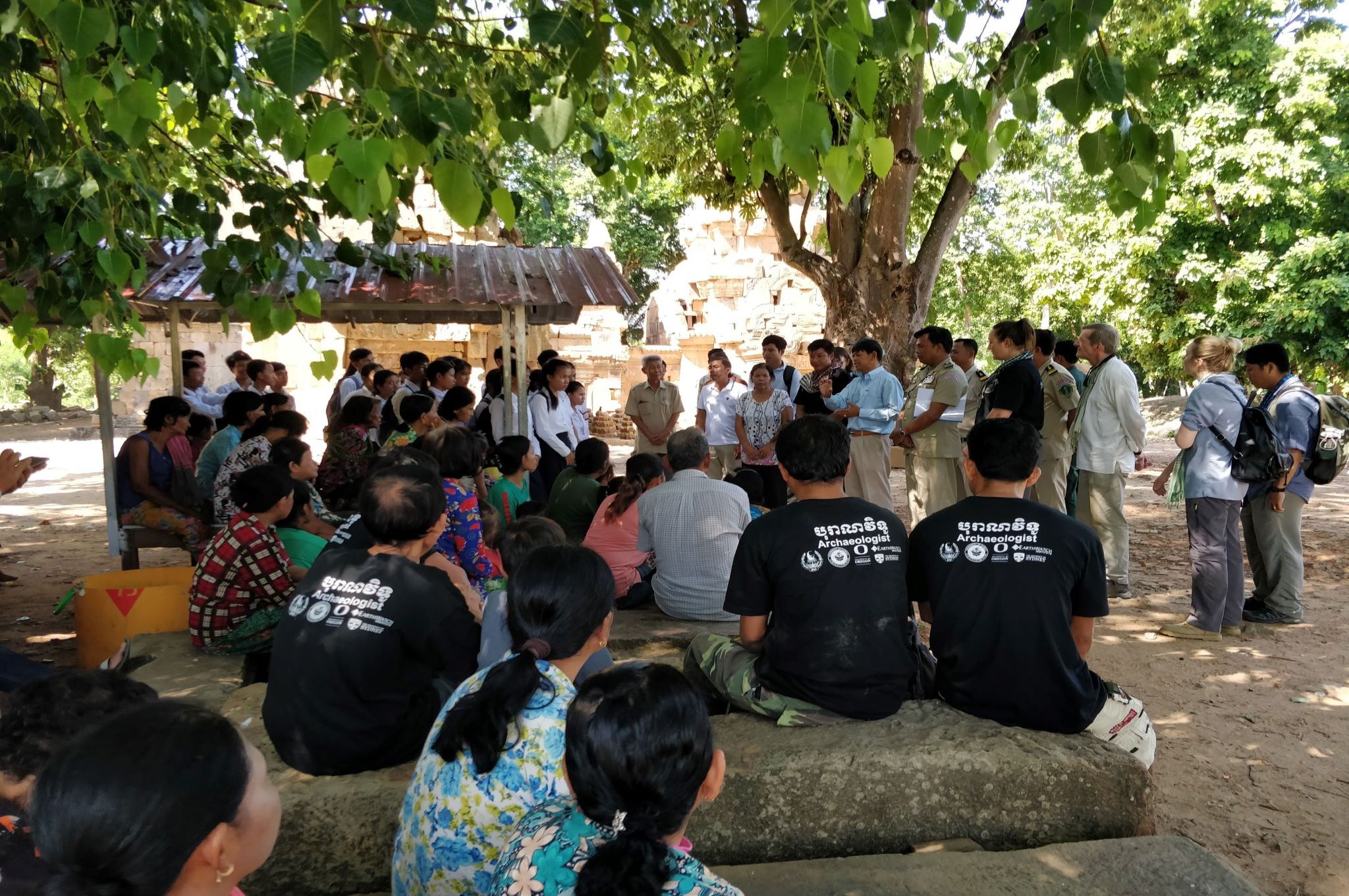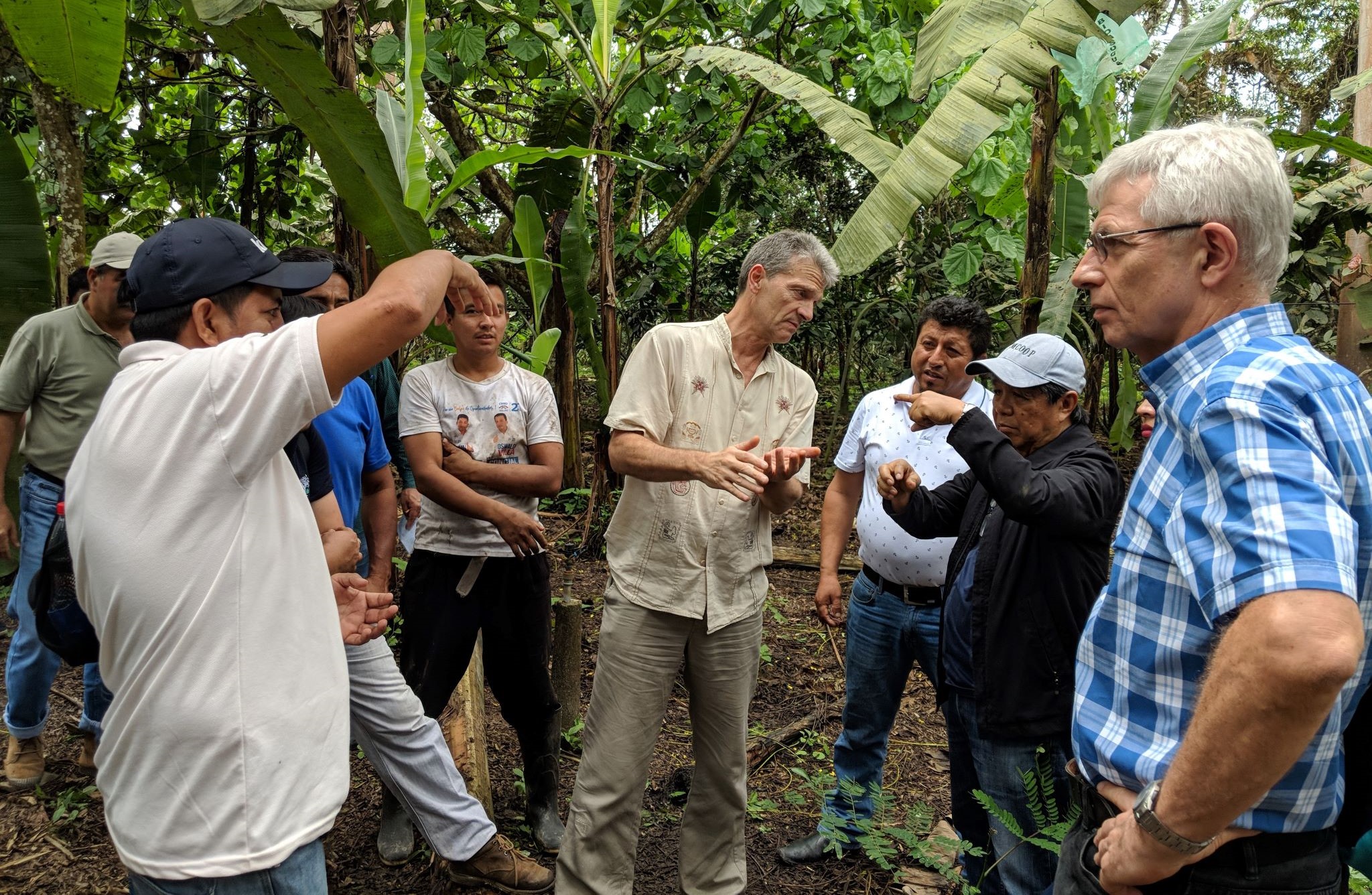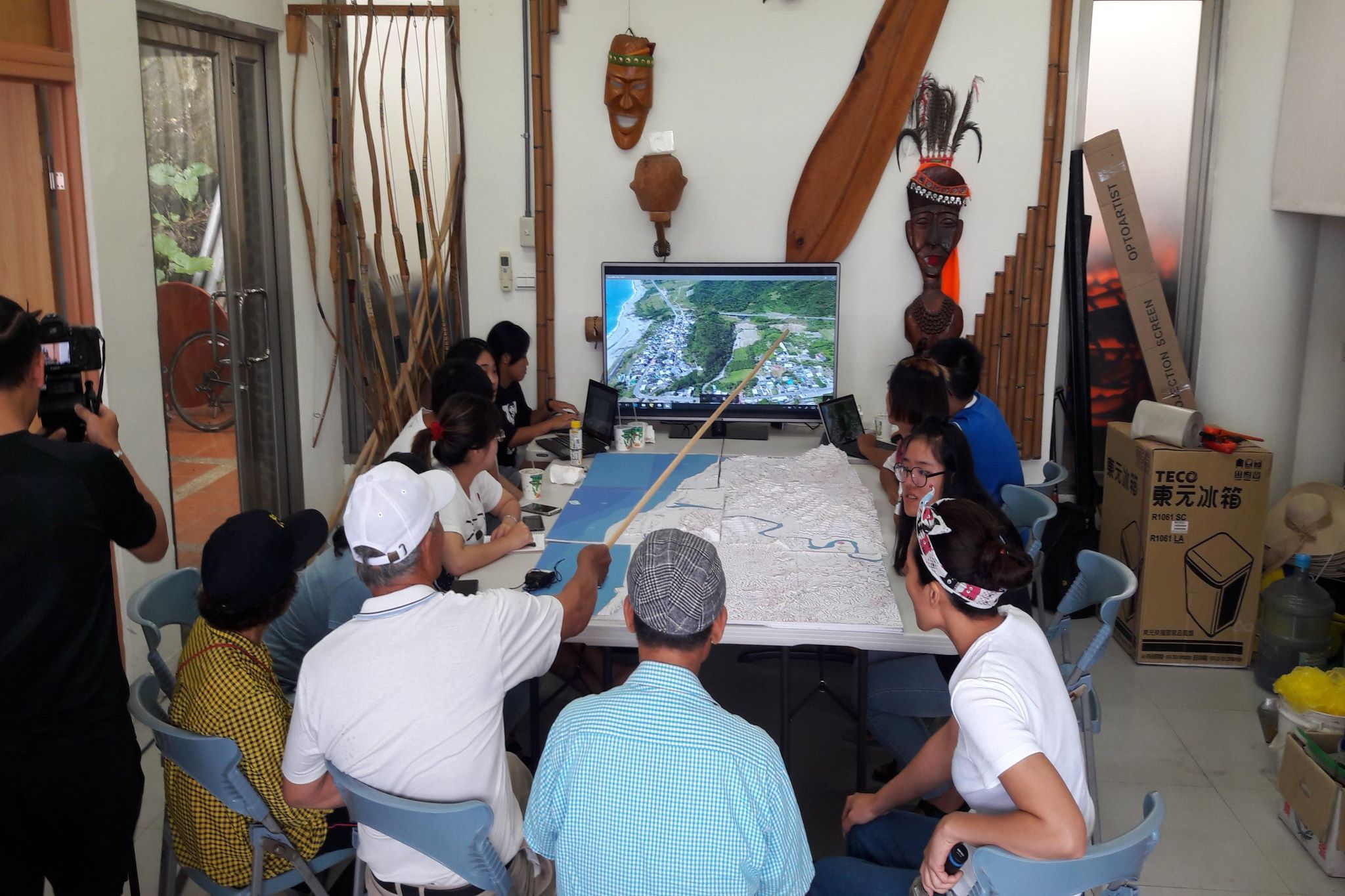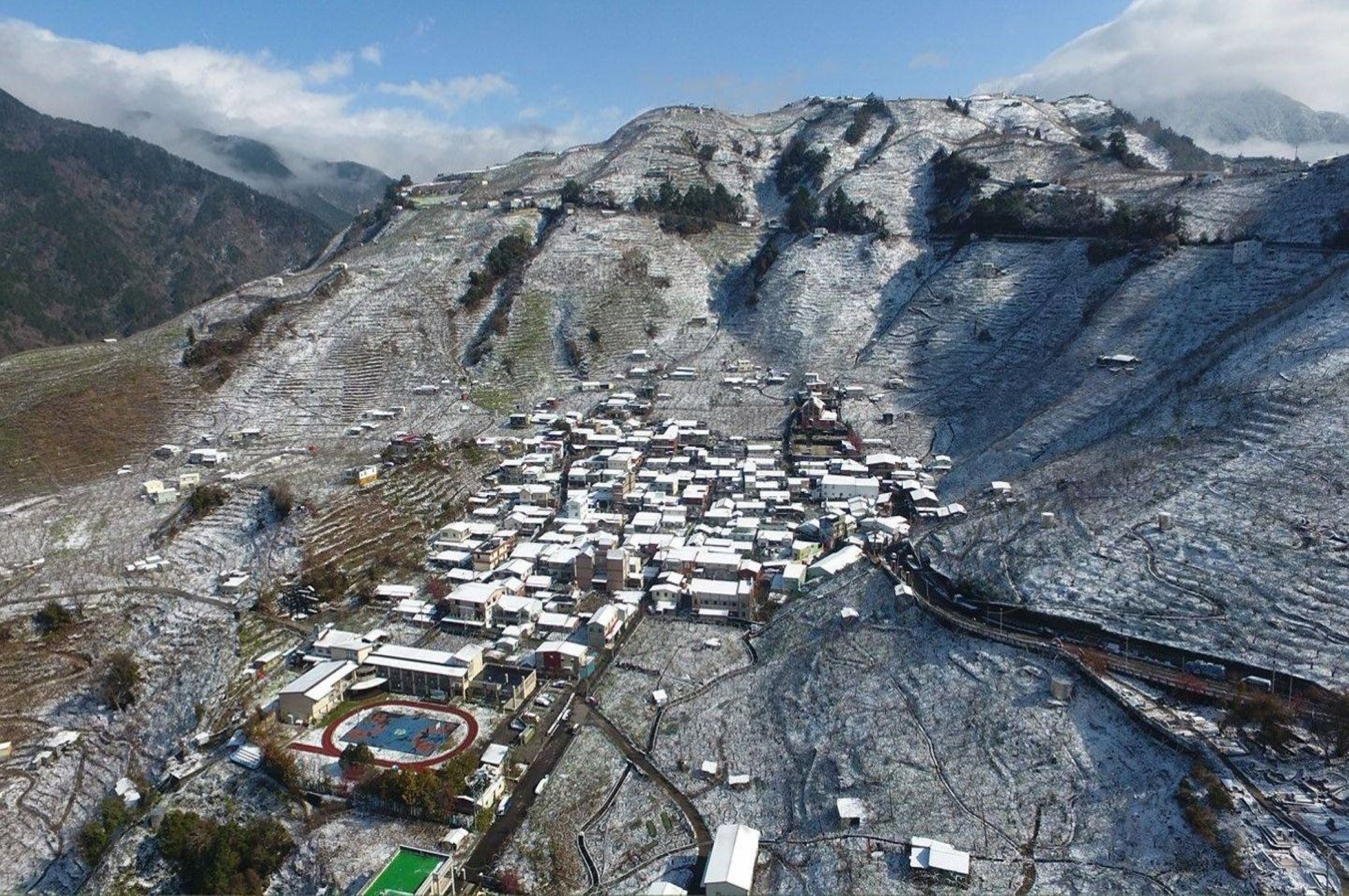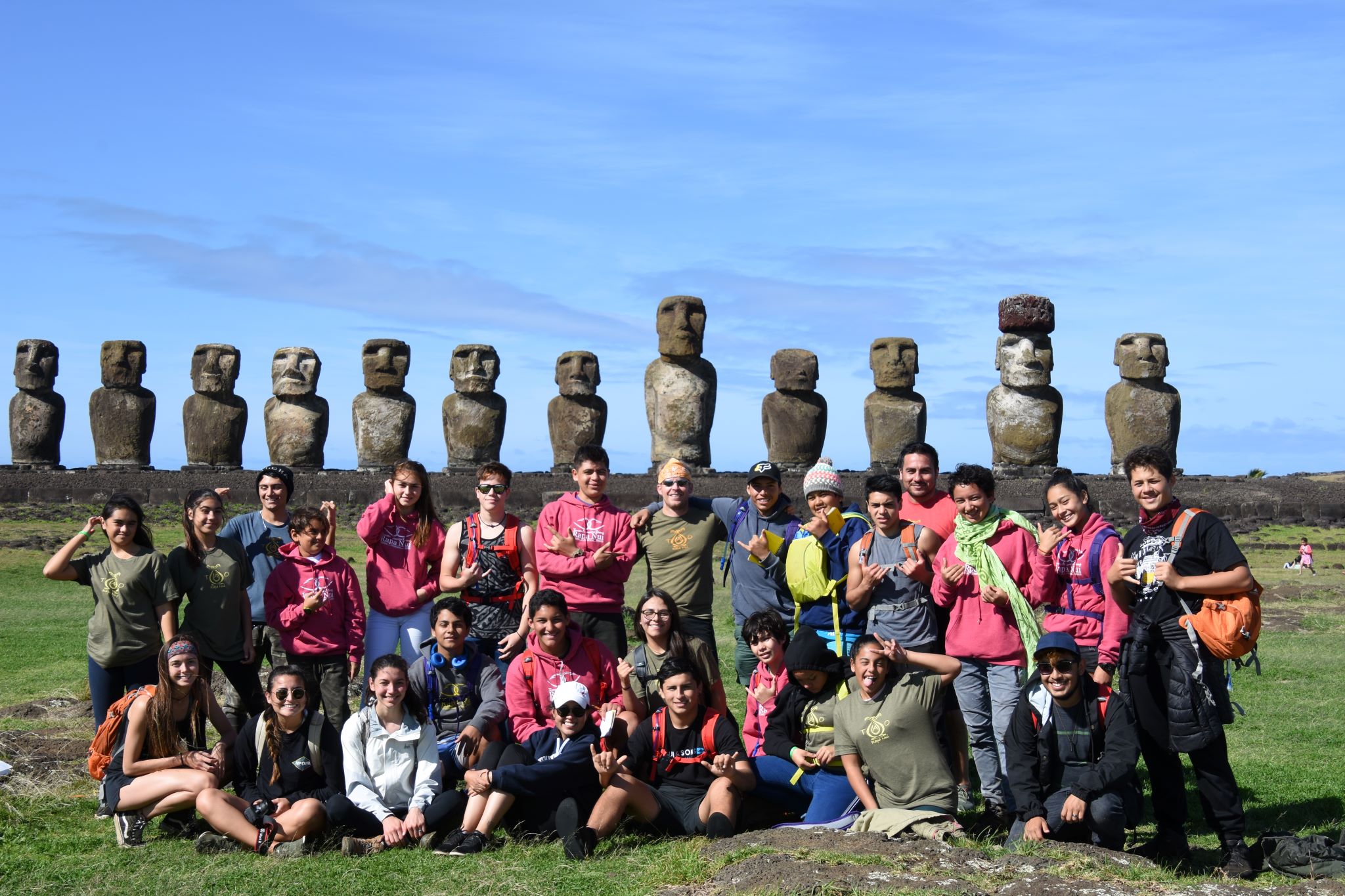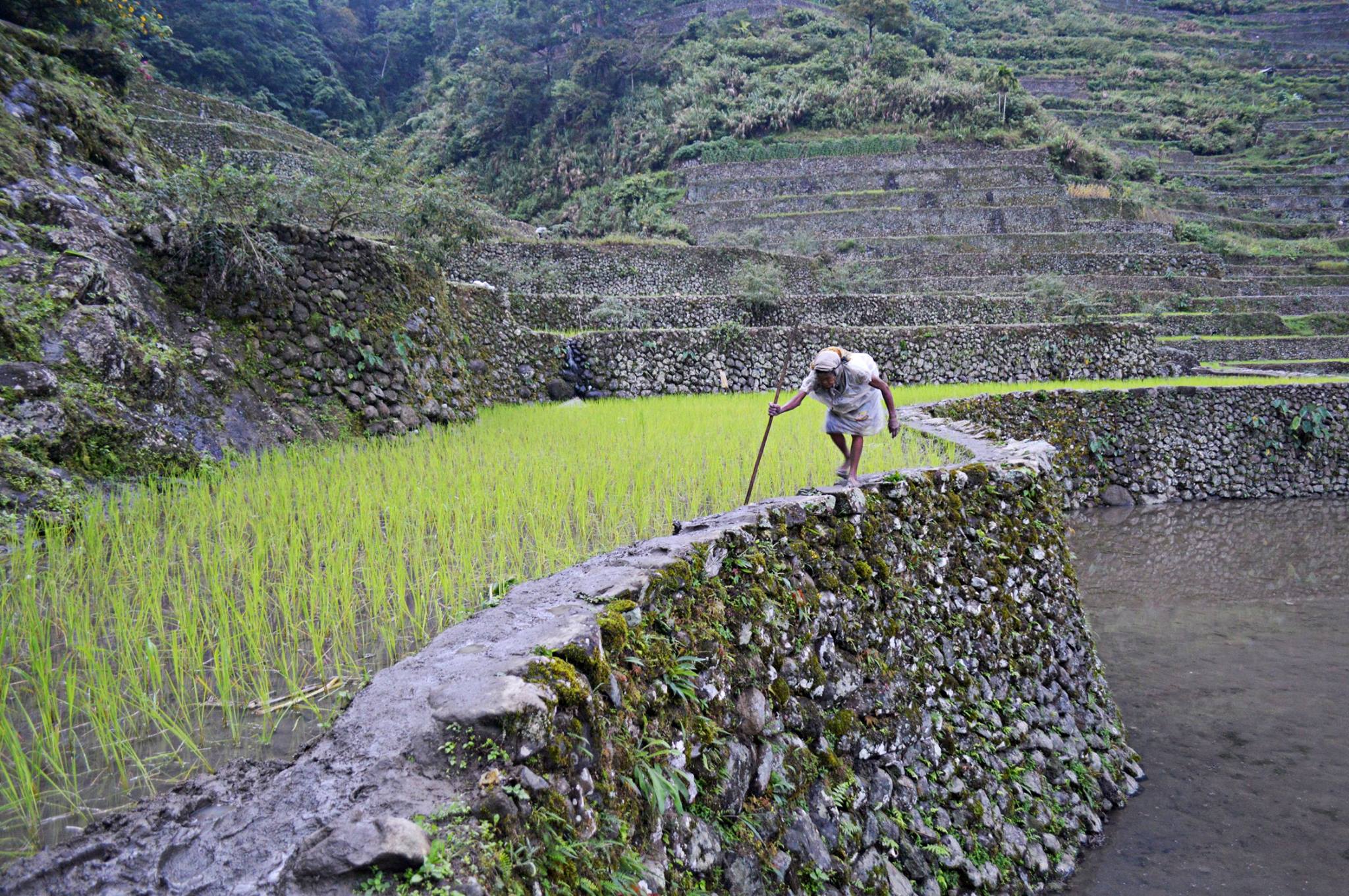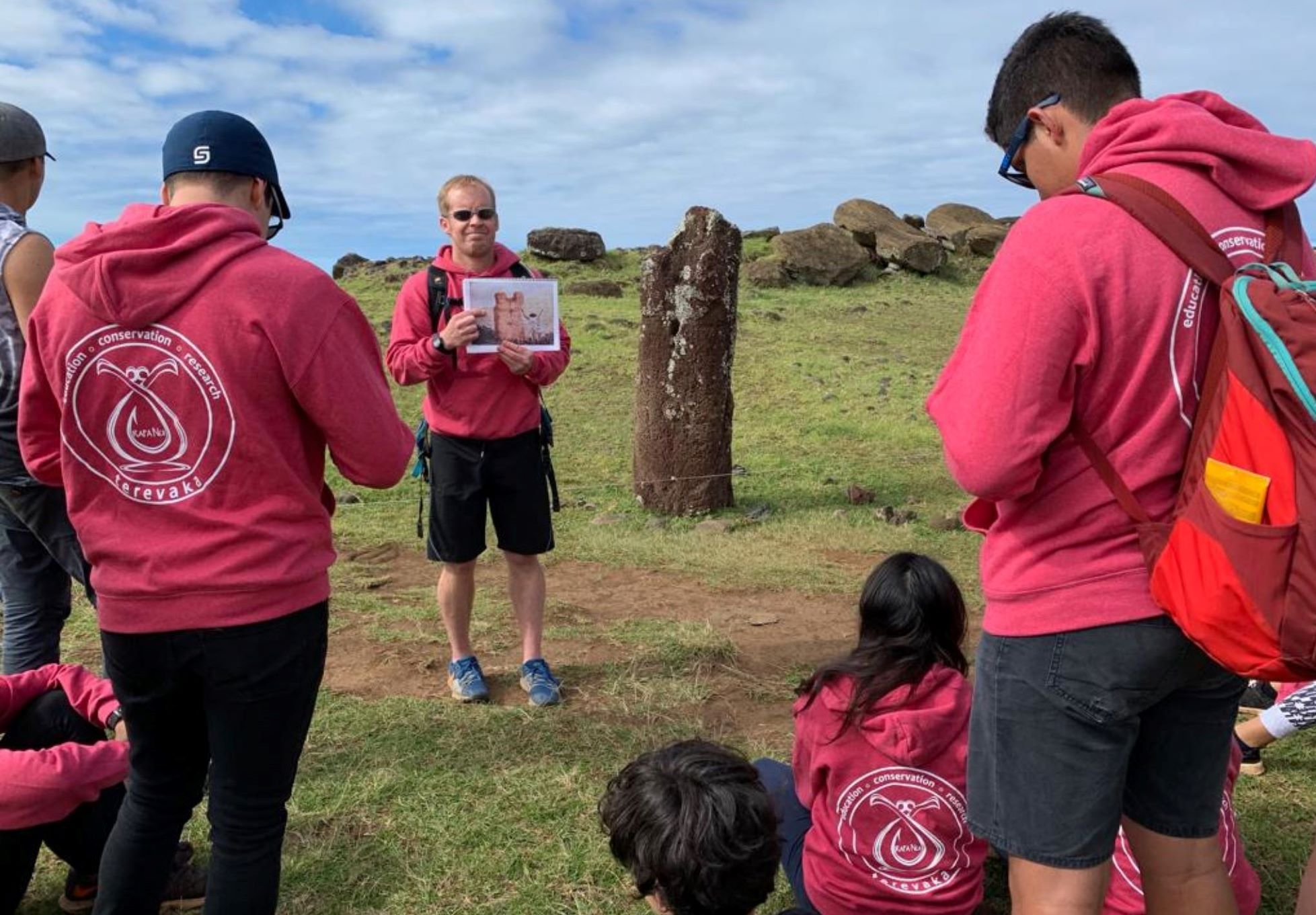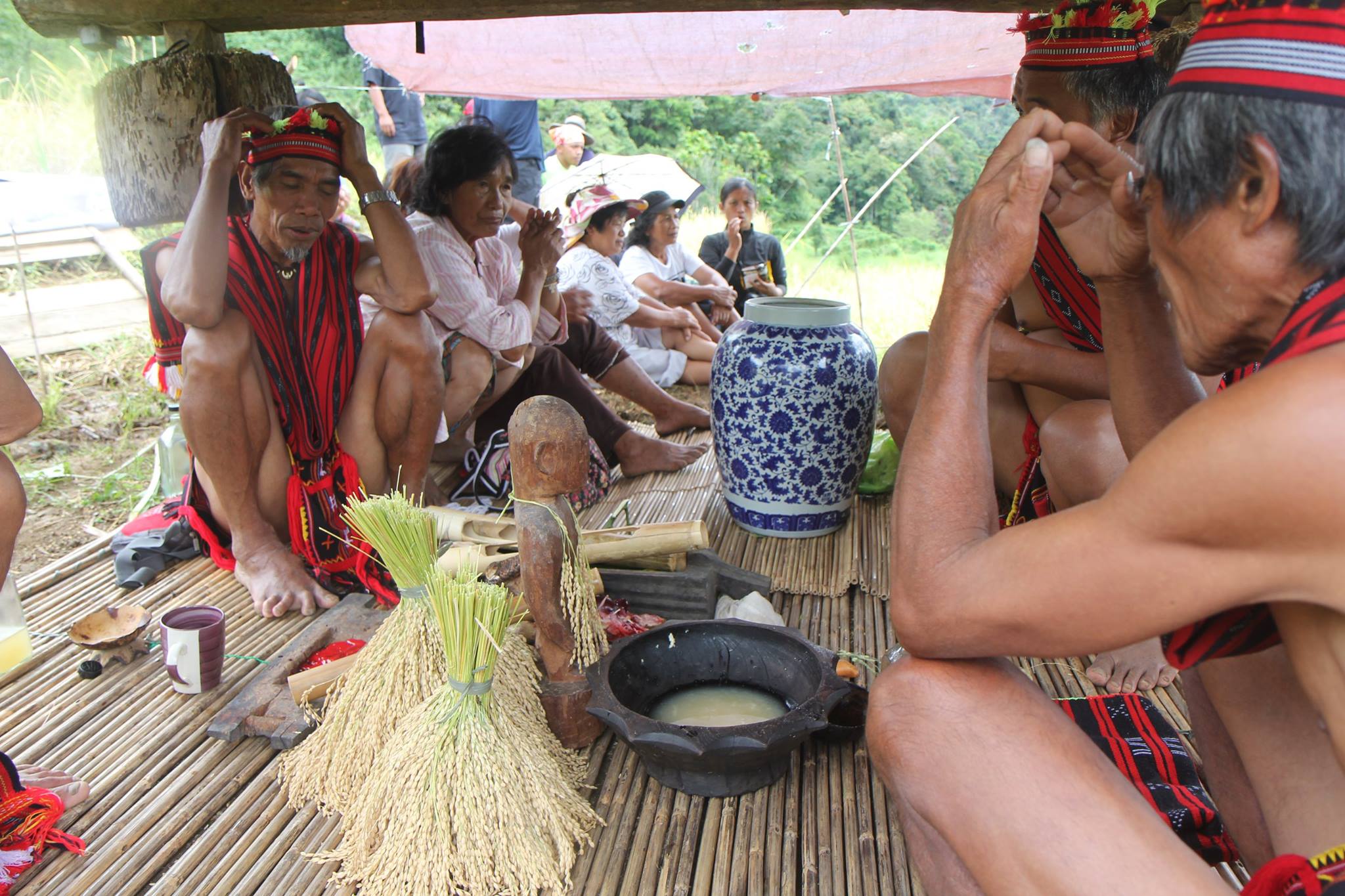How do scholars approach community-engaged research? Why is there a need to involve community stakeholders in research? What happens when communities engage scholars and invest in the research process? An increasing number of scholars have actively strived for the involvement of communities, not just as mere contributors, but as active and involved participants in the research process. This recent shift in research practice is a product of the realization that collaboration among local, indigenous, and other stakeholders provides a venue for inclusive co-production of knowledge. In this webinar series, we showcase examples of successful scholarship in the Asia Pacific where local stakeholders and local communities are actively involved. Panel members are researchers who actively engage with the communities that they work with. The webinar series emphasizes that collaborative methodology is a venue where indigenous/local knowledge systems and Western science intersects. The goal is to utilize the knowledge co-production to argue for policy recommendations that have space for co-administration. More importantly, we highlight the importance of collaboration to empowering communities.
The webinar is co-hosted by UCLA Department of Anthropology, UCLA Center for Southeast Asian Studies, UCLA Asia Pacific Center, University of Hawaiʻi-Mānoa Center for Southeast Asian Studies, Save the Ifugao Terraces Movement (SITMo), Ifugao State University, and the Partido State University.
Sponsors
The Wenner-Gren Foundation for Anthropological Research is sponsoring the webinar series through the Webinars on the Future of Anthropology Grants. The Henry Luce Foundation is also supporting the series through a special grant. At UCLA, we are thankful to the Asia Pacific Center and the Cotsen Institute of Archaeology for co-sponsoring the series. Our overseas partners, the University of New England through the First Peoples Rights and Law Centre, and the National Cheng-chi University through the Center for Taiwan-Philippines Indigenous Knowledge, Local Knowledge, and Sustainable Studies (CTPILS) are also providing generous funding to the event.

Panels
Zoom registration is available on panel details below or on the Panels page.
September Events
Panel 1: Defining the terms: Heritage, Landscapes, Indigenous Empowerment
Wednesday September 16, 8:00 PM (PDT) / Thurs September 17, 11:00 AM (TWN)
Zoom Registration: Panel 1 pre-registration
Panel 2: Wisdom of the Landscapes 1.0
Wednesday September 23, 7:00 PM (PDT) / Thurs September 24, 10:00 AM (TWN)
Zoom Registration: Panel 2 pre-registration
Panel 3: Wisdom of the Landscapes 2.0
Wednesday September 30, 7:00 PM (PDT) / Thurs October 1, 10:00 AM (TWN)
Zoom Registration: Panel 3 pre-registration
October Events
Panel 4: Weaving and Empowerment
Wednesday October 7, 7:00 PM (PDT) / Thurs October 8, 10:00 AM (TWN)
Zoom Registration: Panel 4 pre-registration
Wednesday October 14, 7:00 PM (PDT) / Thurs October 15, 10:00 AM (TWN)
Zoom Registration: Panel 5 pre-registration
Wednesday October 21, 7:00 PM (PDT) / Thurs October 22, 10:00 AM (TWN)
Zoom Registration: Panel 6 pre-registration
Panel 7: Indigeneity, Identity, and Empowerment
Wednesday October 28, 7:00 PM (PDT) / Thurs October 29, 10:00 AM (TWN)
Zoom Registration: Panel 7 pre-registration
November Events
Panel 8. Indigenous Rights and Heritage Laws
November 4, 2020, 6:00 PM (PDT) / November 5, 2020, 10:00 AM (TWN)
Zoom Registration: Panel 8 pre-registration
Panel 9. Preserving Textiles: Indigenous Knowledge and Methods
November 11, 2020, 6:00 PM (PST) / November 12, 2020, 10:00 AM (TWN)
Zoom Registration: Panel 9 pre-registration
Panel 10. Tying Ends Together: Translating Engagement and Empowerment
November 18, 2020, 6:00 PM (PST) / November 19, 2020, 10:00 AM (TWN)
Zoom Registration: Panel 10 pre-registration
